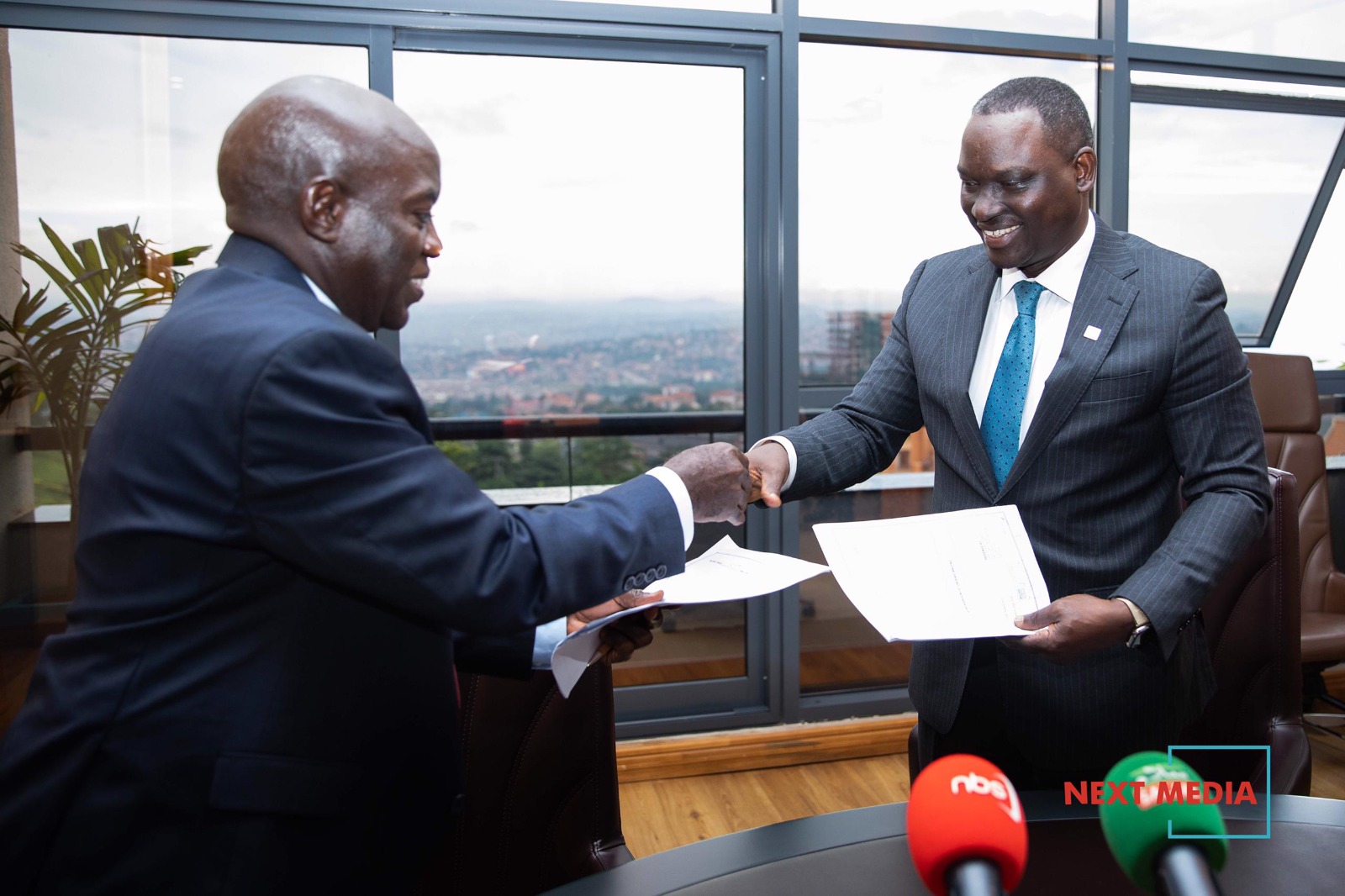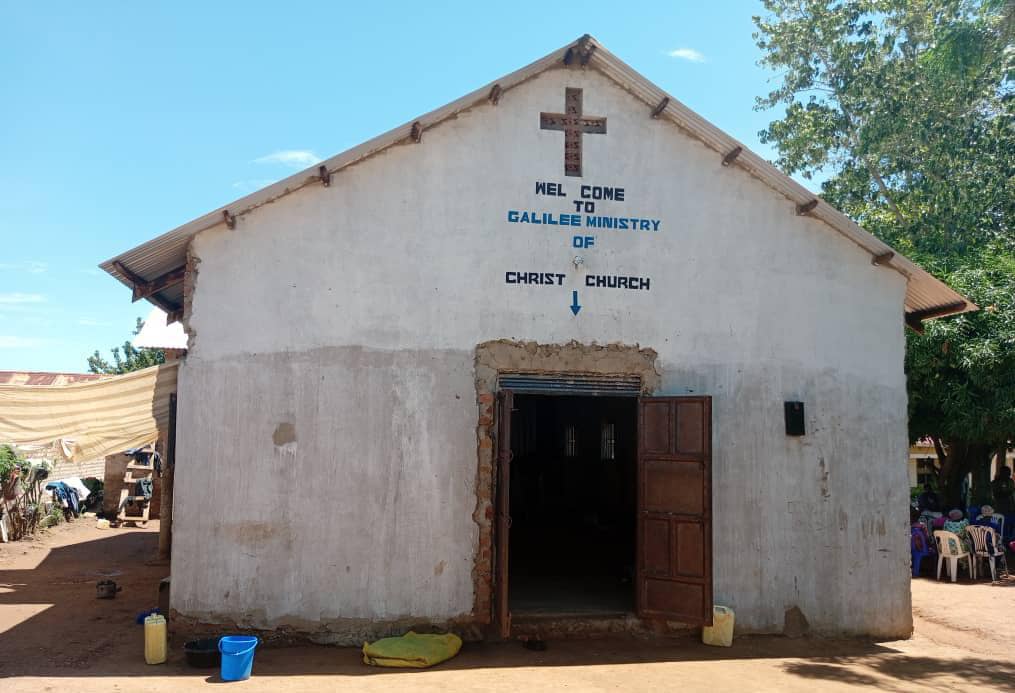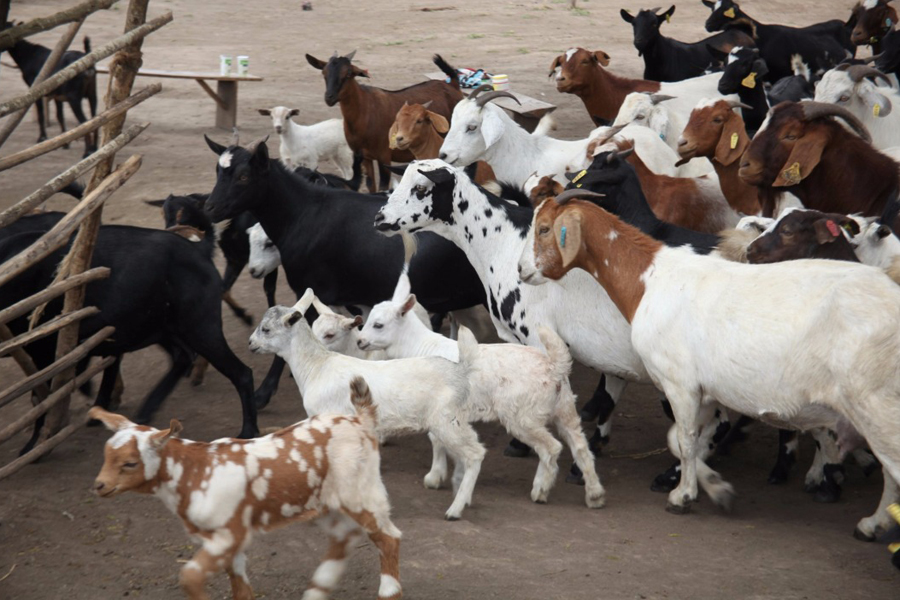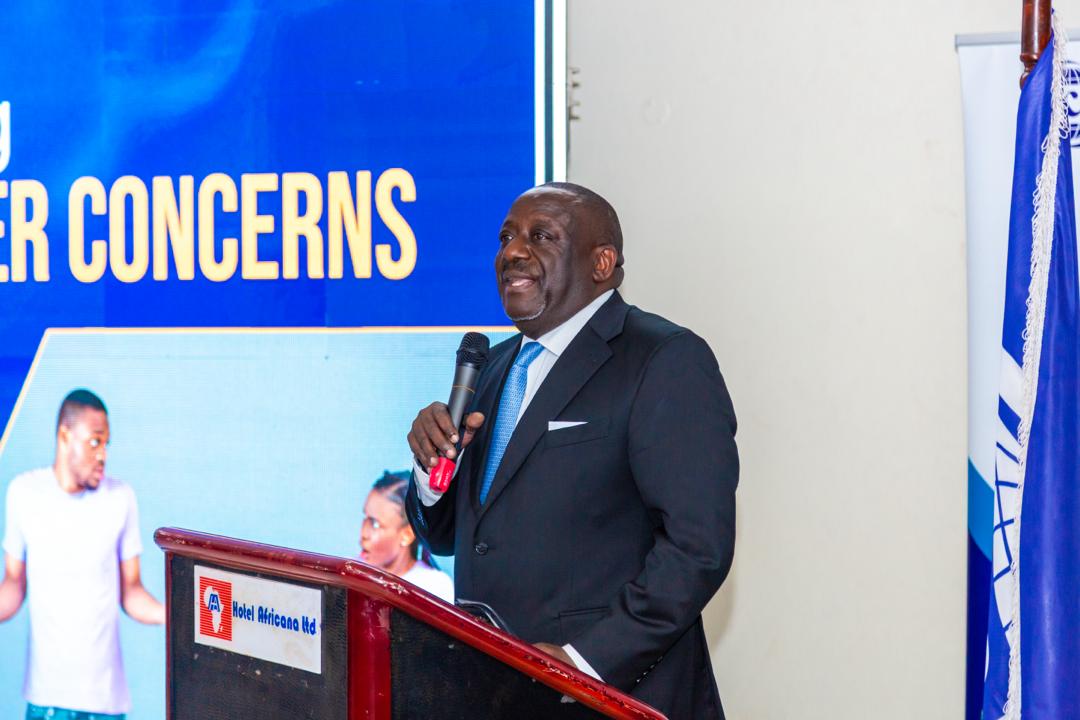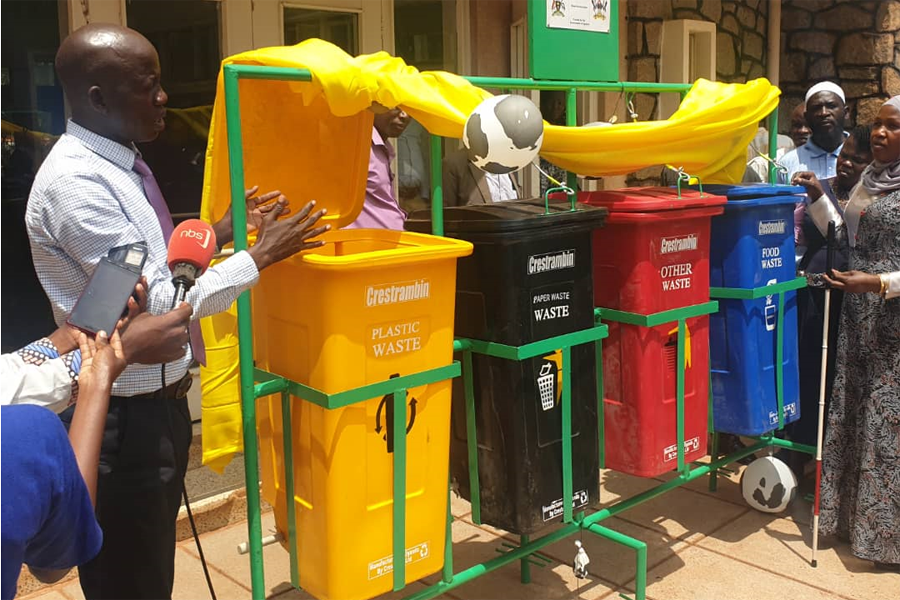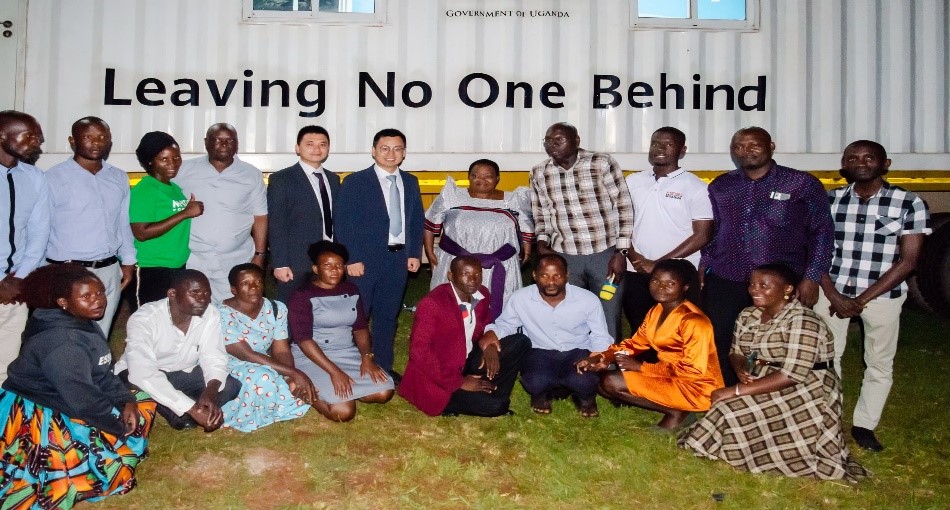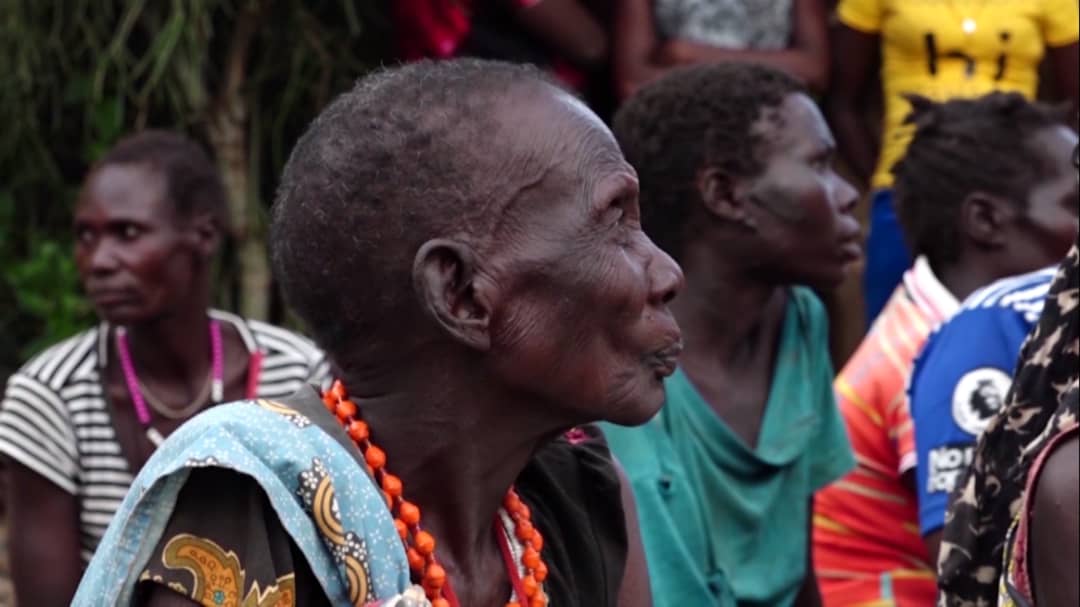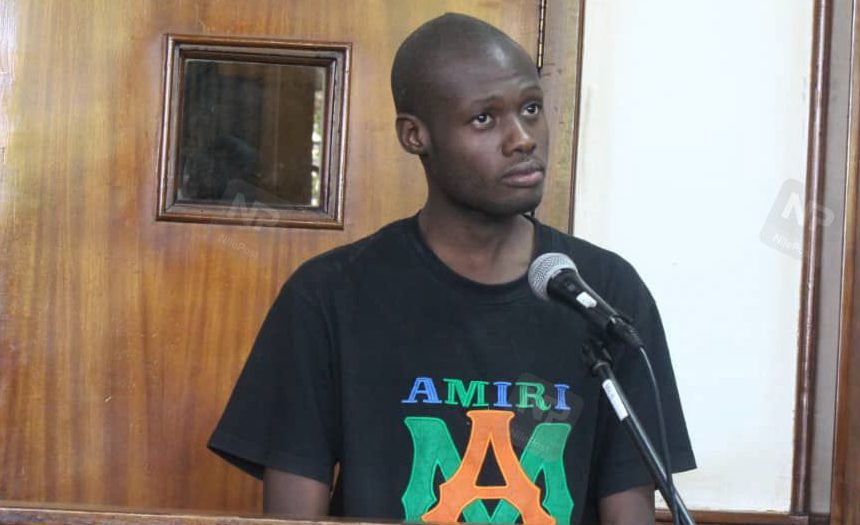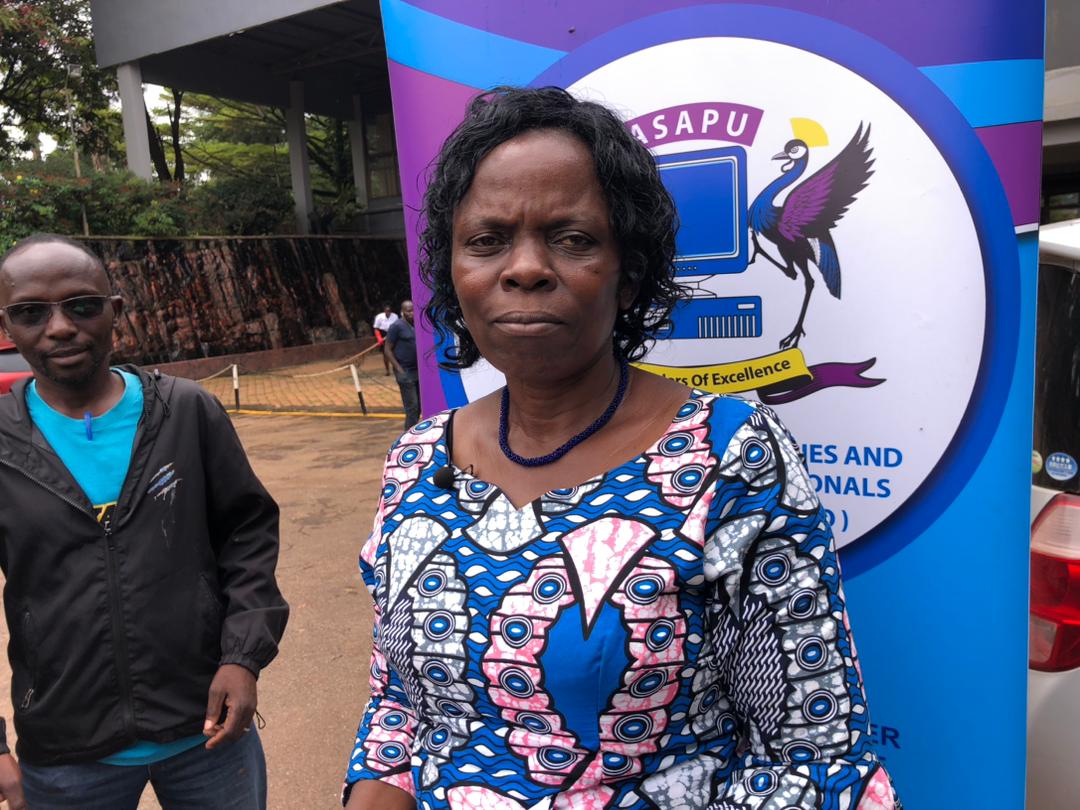Does Opposition stand a chance to in Dokolo elections?
Certainly. Dokolo District has historically been a stronghold for the opposition, particularly the Forum for Democratic Change (FDC) party.
Several factors contribute to the opposition's promising prospects in the upcoming elections:
1. Voter Demographics: Dokolo District boasts a significant population of voters who are dissatisfied with the incumbent government's performance. This dissatisfaction could translate into strong support for opposition candidates.
2. Incumbent's Performance: The incumbent Member of Parliament's performance in representing the interests of Dokolo District may have fallen short of expectations. Any perceived shortcomings could erode support for the ruling party and bolster the opposition's chances.
3. Unity Among Opposition Parties: In recent years, there has been a concerted effort among opposition parties to form coalitions and present a united front against the ruling party. Such alliances can consolidate the opposition vote and pose a formidable challenge to the incumbent.
4. Grassroots Mobilization: The opposition has been actively engaging with communities at the grassroots level, addressing their concerns, and offering viable solutions to pressing issues. This direct engagement can foster a sense of connection and trust between opposition candidates and the electorate.
5. National Political Dynamics: Beyond local considerations, national political dynamics may also influence the outcome in Dokolo District. If there's a widespread desire for political change at the national level, this sentiment could trickle down to constituencies like Dokolo, benefitting opposition candidates.
Those are compelling points. However, are there any challenges that the opposition might face in their quest to win the Dokolo District Woman Member of Parliament seat?
While the opposition's chances appear promising, several challenges loom large:
1. Resource Disparity: The ruling party often enjoys greater access to financial resources, which they can leverage for extensive campaigning, advertising, and logistical support. Overcoming this resource disparity will require innovative fundraising strategies and grassroots mobilization efforts by the opposition.
2. Incumbency Advantage: Incumbent MPs typically benefit from name recognition, established networks, and the perks of office, which can give them an edge over their challengers. The opposition must work doubly hard to overcome this advantage through relentless campaigning and messaging.
3. Voter Intimidation and Coercion: In some instances, opposition supporters may face intimidation or coercion from political opponents, which could suppress voter turnout or discourage active support for opposition candidates. Safeguarding against such tactics is crucial for the opposition's success.
4. Fragmentation Within the Opposition: While unity among opposition parties is a strength, internal divisions or disagreements could weaken the opposition's electoral prospects. It's essential for opposition leaders to prioritize cohesion and collaboration to present a united front to voters.


